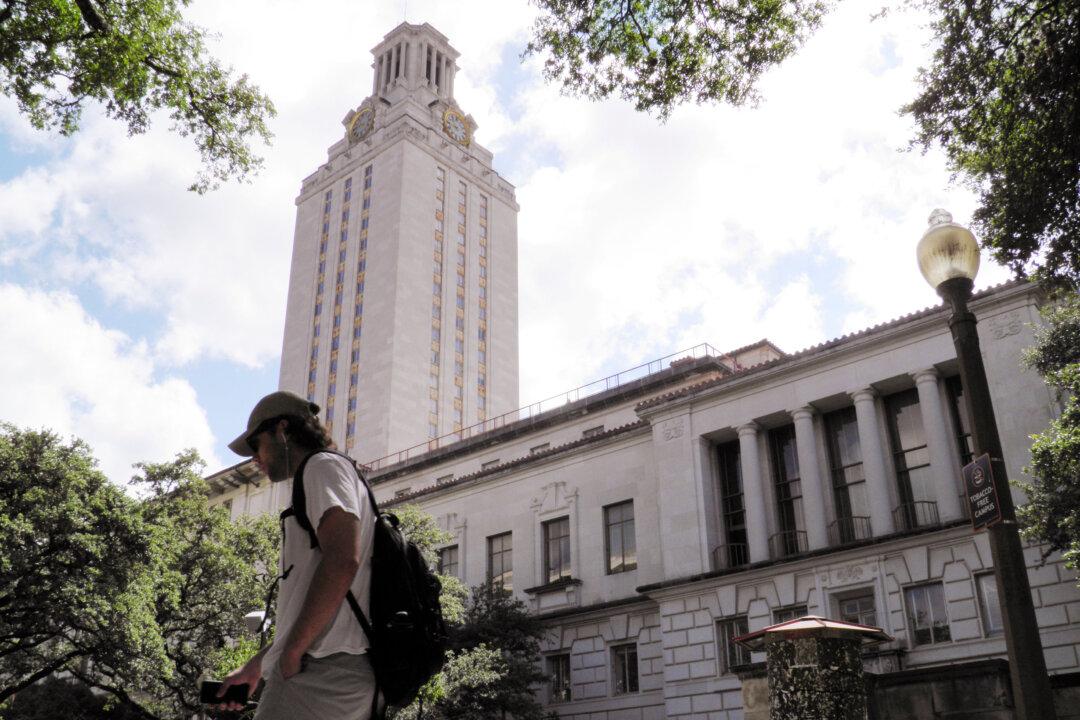The University of Texas at Austin has laid off employees who worked in the school’s diversity, equity, and inclusion (DEI) programs.
UT Austin’s President Jay Hartzell announced Tuesday that some staff members’ positions were eliminated following an evaluation of the university’s programs affected by Senate Bill 17, which bans DEI offices, policies, programs, and activities at state-funded institutions of higher learning.





